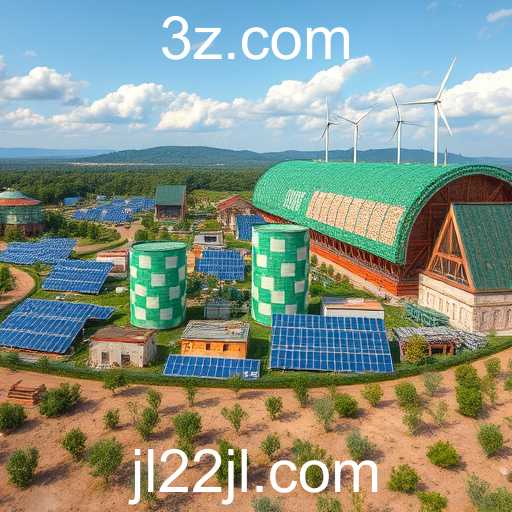Exploring the global shift towards renewable energy and its implications amidst current events.
In recent years, the global push for renewable energy sources has reached unprecedented levels, catalyzed by international efforts to mitigate the impacts of climate change. The commitment to sustainability is driving many nations to increase their investment in technologies like solar, wind, and hydroelectric power. As of 2025, these initiatives have garnered significant attention in the context of both environmental policy and economic opportunity.
The rapid expansion of renewable energy projects is reshaping the world's energy dynamics. Countries such as China and the United States are leading in the installation of solar farms, wind turbines, and other green technologies. This shift is not only aimed at reducing carbon footprints but also at establishing energy independence from fossil fuels. The International Energy Agency (IEA) recently reported that renewable energy accounted for more than 70% of global net additions to power capacity in 2023, a trend that continues to grow.
This transition to greener energy has sparked diverse reactions from various stakeholders. Environmental advocates have praised the progress and urge even faster adoption of clean energy solutions. Meanwhile, industries that have relied heavily on fossil fuels face existential threats, leading to a significant re-evaluation of business models in those sectors.
Renewable energy projects have also become a central theme in geopolitical discussions. Nations rich in natural resources required for renewable technologies, such as lithium and rare earth elements, are gaining strategic importance. These resources are crucial for batteries and other components that power electric vehicles and store renewable energy.
Moreover, the economic implications of this energy shift are profound. Investments in green technologies are creating new markets and employment opportunities. According to a report by the World Economic Forum, the renewable energy sector could generate over 24 million jobs worldwide by 2030.
However, challenges remain. The intermittency of solar and wind power necessitates advancements in energy storage solutions and grid infrastructure to ensure reliability and efficiency. Policy frameworks and international cooperation will be pivotal in addressing these challenges.
Overall, the world stands at a pivotal moment in history as it transitions towards a more sustainable energy future. The upcoming decade will undoubtedly be defined by how nations navigate this complex and transformative era.




